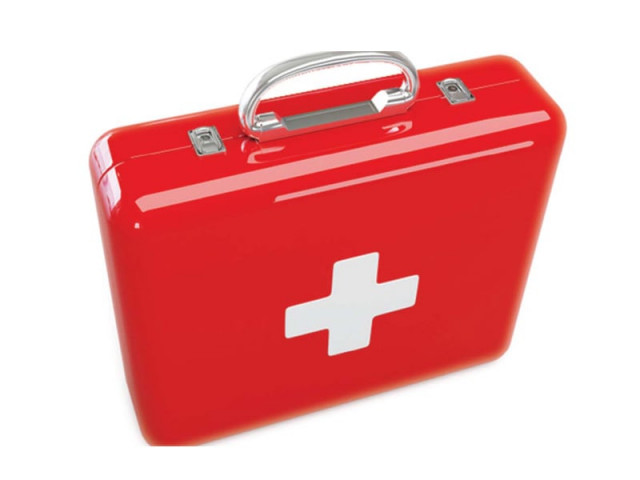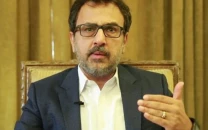Lifeline: To help thalassaemia patients, more donors please
Number of patients rising by an average of 4000 to 5000 annually in Pakistan.

Number of patients rising by an average of 4000 to 5000 annually in Pakistan. PHOTO: FILE
Blood transfusion remains a lifeline for thousands of Pakistanis who, due to financial restraints, struggle each day to fulfil their bodies’ need to be replenished with fresh supply of blood.
Unfortunately, a majority chunk of the country’s population is not aware of the fact that by donating blood even once, they could help save a life.
One such life is that of Ali. At the tender age of eight, he is suffering from the blood disease thalassaemia and needs a transfusion every 10 to 15 days.
“From the moment my son was diagnosed with thalassaemia major, I have been struggling to arrange blood for him to keep him alive” said Ali’s father Allah Ditta, a barber from Garibabad in Chaklala area. His family is among those which were affected by the 2010 floods in Muzaffargarh. Earning a meagre Rs7,000 per month, it has become almost impossible for him to run his house and provide for his son’s transfusions.
“Life has become terribly difficult after the floods. It took away all our savings and valuables and now Ali’s disease has made things even worse.
It is excruciating to decide between providing food for the family or saving to buy blood for my son,” with pain reflecting in his words, he goes on. “I have made an appeal to Baitul Mal for financial help, but they haven’t replied so far.”
For Ditta, who has tried to approach many philanthropists, a bag of blood costs roughly around Rs2,000.
There are many others with similar stories to tell. Scores of families visit blood banks in public and private hospitals each day and sit in wait the entire day, hoping to come across a donor who might help save their loved ones.
Armed Forces Institute of Transfusion (AFIT) Deputy Commandant Col Dr Nuzhat Mushahid, said the fragmented blood transfusion system in Pakistan has led to a perpetual shortage of blood.”
Lack of ownership, political commitment, pending legislations, and public awareness about blood donations could be counted as the main reasons behind the current scenario,” she said.
According to an estimate, the three million blood units collected do not even fulfil the requirement of the country’s current population in need of blood --- one per cent.
AFIT, the largest transfusion centre in the northern half of the country gets only 55,000 bags a year, with under 20 per cent of that coming from ‘blind’ donations where the donor does not know the recipient.
Each year, the number of thalassaemia patients in Pakistan is rising by an average of 4,000 to 5,000 which means more blood is required to cater to the ever-growing need. Campaigns need to be run against cousin marriages to curb the disease.
Published in The Express Tribune, December 26th, 2013.


1725254039-0/Untitled-design-(24)1725254039-0-208x130.webp)
















COMMENTS
Comments are moderated and generally will be posted if they are on-topic and not abusive.
For more information, please see our Comments FAQ